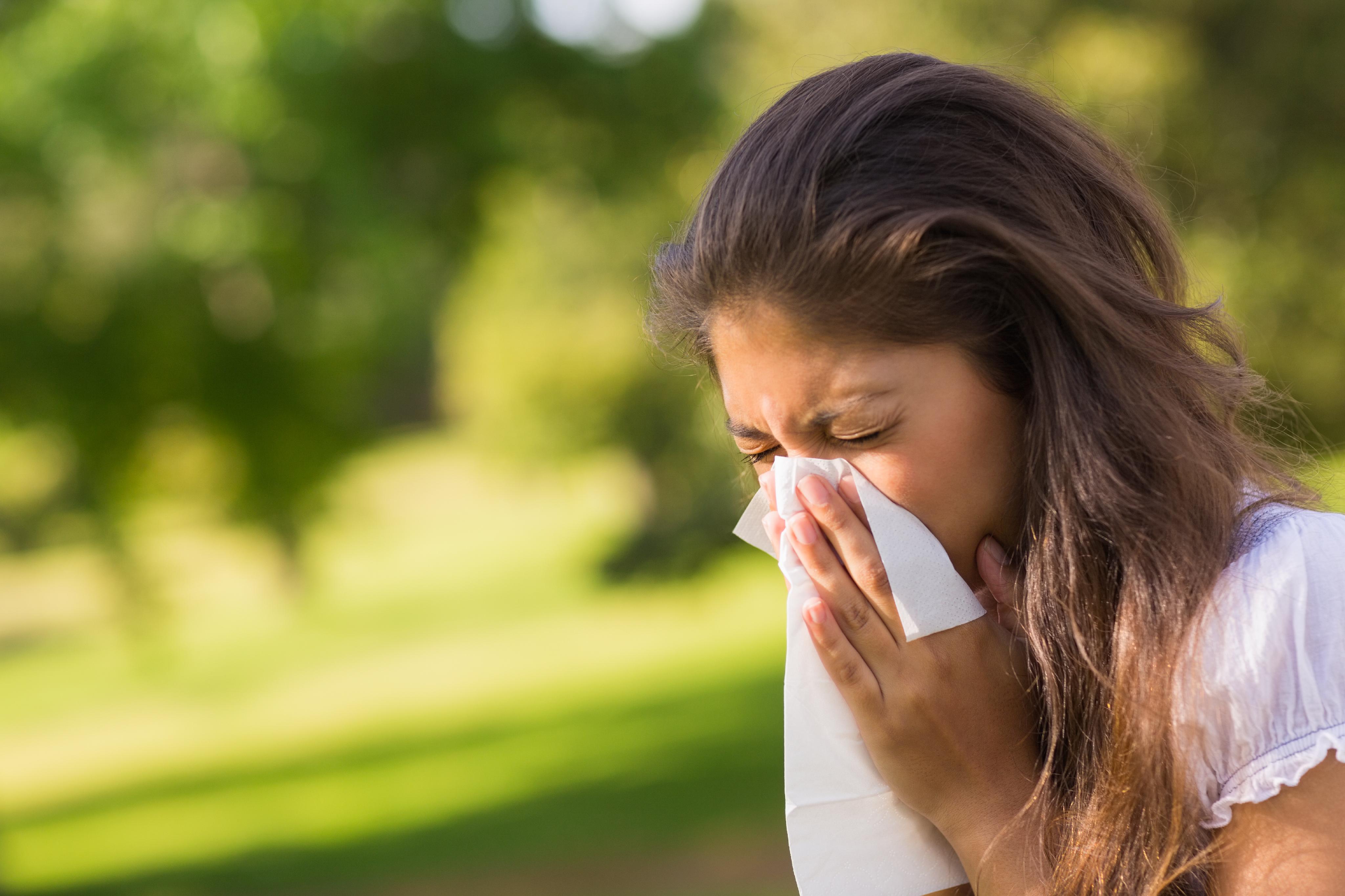Tropical Infection
Understanding Tropical Infections
Tropical infections are diseases that are predominantly found in tropical and subtropical regions, caused by various pathogens such as bacteria, viruses, and parasites. Due to warm climates and environmental factors, these infections are more prevalent in such areas.
Common Tropical Infections:
Tropical infections include diseases such as malaria, dengue fever, chikungunya, leishmaniasis, and schistosomiasis. These illnesses are often spread through vectors like mosquitoes, sandflies, or contaminated water sources.
Symptoms and Risks:
Symptoms vary depending on the type of infection but commonly include high fever, chills, joint pain, fatigue, and skin rashes. Some tropical infections can lead to severe complications, affecting major organs and requiring immediate medical intervention.
Prevention and Management:
Preventive measures include mosquito control, improved sanitation, and vaccination where available. Travelers visiting tropical regions should take extra precautions such as using insect repellents, wearing protective clothing, and consuming safe drinking water.
In conclusion, understanding and preventing tropical infections is crucial in high-risk regions. Early diagnosis, proper medical care, and proactive preventive strategies can significantly reduce the risk of severe illness and complications.


